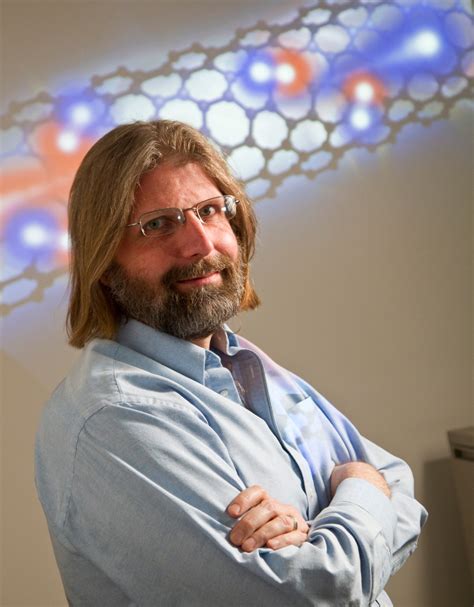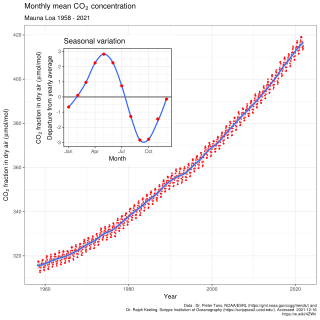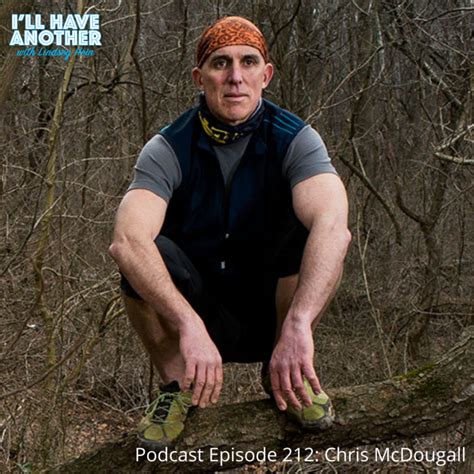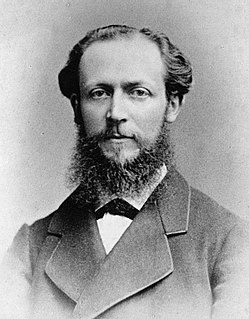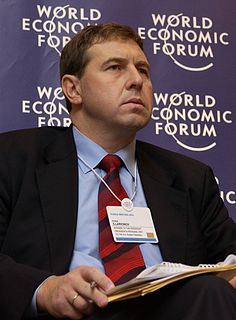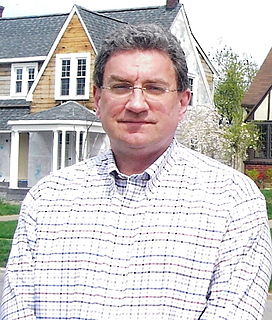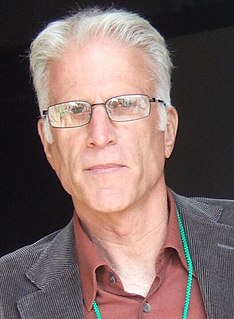Top 1101 Carbon Footprint Quotes & Sayings - Page 14
Explore popular Carbon Footprint quotes.
Last updated on April 22, 2025.
When whales die, their bodies sink to the bottom of the ocean and over time become part of the marine sediment layer, where they can sequester the carbon dioxide they have accumulated during their life span, an average of 33 tons for a great whale species, keeping it out of the atmosphere for hundreds or thousands of years.
I would say that everyone that you see who is successful in the mainstream, at the top of Billboard, who has a Top 40 hit... at some point, unless they're a complete fabrication of the industry with no identity of their own and a carbon copy clone of someone else, they in themselves started out being underground.
I should say that Canada is one of the major criminals, not just the tar sands and so on, but even mining throughout the world, a lot of it is Canadian. It's extremely destructive, so an important thing for Canadians to do is curtail the predatory and destructive behavior of their own government and corporations. A carbon tax is one way of doing it.
The Paris agreement represents a huge step forward. It would have been preferable, of course, to start the process many years earlier, and a lot of question marks remain on how nations will ratify it, adhere to it and report their carbon reductions. But this is a remarkable ray of hope for our planet.
I drove an electric car for seven years because of its advanced technology, not because I have any concerns about energy resources. I have none at all. And when environmentalists say that global warming is dangerous, unprecedented and that we'll have a tipping point for atmospheric carbon dioxide, it's just nonsense.
It's not a matter of if economies around the world becoming low-carbon, but when and how: through struggle and strife or through advancement and progressive leadership. Larry Elliot described it today as the 'Green New Deal.' It's a leadership we in Britain can provide, and from which our economy can benefit.
I am now certain that we have no alternative but to reduce urgently the levels of carbon that we are still pumping into the atmosphere as though tomorrow simply didn't matter. If we don't act collectively and individually, our children and their children will reap a whirlwind which will obliterate their civilisation.
The Arctic is a place that historically, during all preceding human history, has largely been an icy realm with an impact on ocean currents. That, in turn, influences the temperature of the planet. The Arctic is now vulnerable because of the excess carbon dioxide in the atmosphere, with a rate of melting that is stunning.
By enriching the carbon-dioxide content of the atmosphere from its impoverished pre-industrial levels, human beings have increased the productivity of the entire biosphere - so much so that roughly one out of every seven living things on the planet owes its existence to the marvelous improvement in nature that humans have effected.
We need to be realistic. There is very little we can do now to stop the ice from disappearing from the North Pole in the summer. And we probably cannot prevent the melting of the permafrost and the resulting release of methane. In addition, I fear that we may be too late to help the oceans maintain their ability to absorb carbon dioxide.
In bitter almond oil, like in a great number of other substances that previously had been counted among the 'aromatic compounds' on behalf of their strong smell, a derivative of benzene is present. The special properties of benzene and its derivatives are caused by the typical arrangement of their carbon atoms.
There is no option but to transform our world to a zero carbon future. We will fight to ensure that no one is left behind. This report breaks new ground and gives workers and businesses the confidence that there can be an economic plan which creates jobs and sets our planet on the course for survival.
If our goal in legislating against carbon releases is not simply punishing the West and its power companies but truly trying to reduce the accumulation of greenhouse gasses in the atmosphere, the main event will be in the developing world. We must use the smartest possible economics, and that means investing in China and India.








